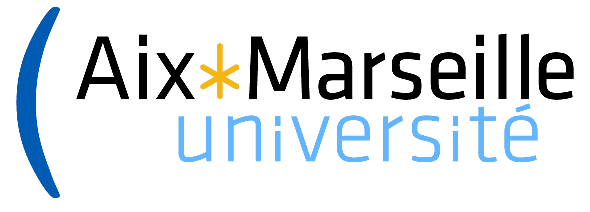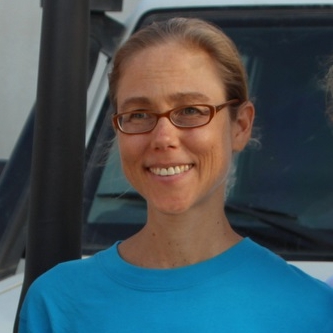Aix-Marseille University is the fruit of the merger of the three institutions: Universities of Provence, Méditerranée and Paul Cézanne. Today, Aix-Marseille University has 72,000 students, 10,000 international students, 7,500 faculty, administrative staff, researchers and engineers. There are five main campuses (Aix-en-Provence, Marseille Etoile, Marseille Centre, Timone and Luminy) and 120 student associations.
Aix-Marseille is constantly growing and opening up to a variety of disciplines, thus becoming a pole of worldwide reputation. It offers five main fields of study: Art, Literature, Languages, Human and Social Sciences; Law and Political Science; Economics and Management; Health Science; and Science and Technology. The university proposes 600-degree courses with 375 Erasmus and 300 bilateral agreements as well as 12 doctoral schools and 132 research units.








